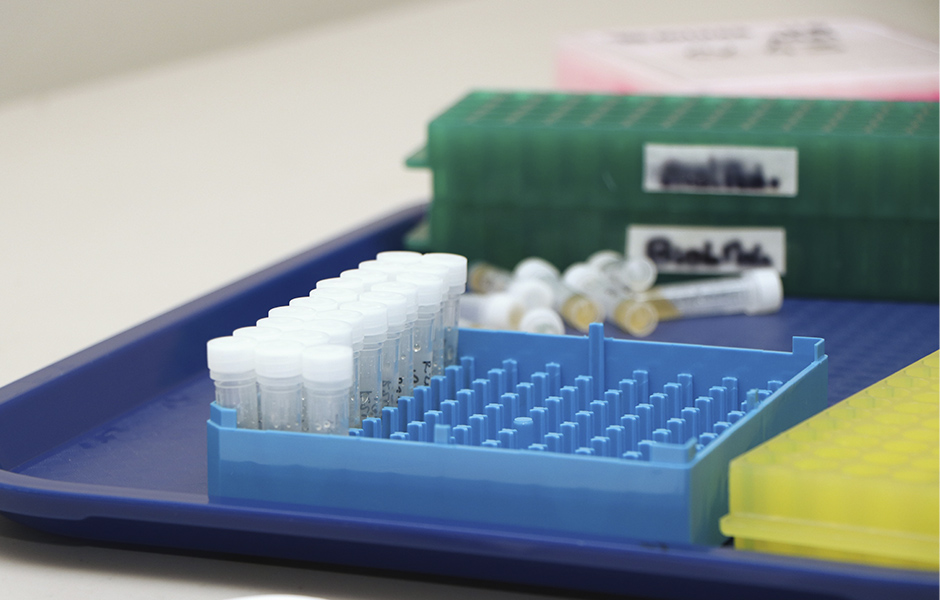A team of researchers from the Faculty of Medicine of the University of Porto (FMUP) says it is necessary to prevent outbreaks of Acinetobacter baumannii infection in hospitals, particularly in Intensive Care Units (ICUs).
In the context of the COVID-19 pandemic, the group assessed the current risk of rapid transmission of this bacterium in hospital settings and concluded that the conditions for a “perfect storm” are in place.
In a scientific paper published in the Journal of Pathology, Microbiology and Immunology, Diogo Duarte and Acácio Rodrigues warn that “it is necessary to raise awareness about the relevance of this pathogen” and “encourage the implementation of preventive measures to mitigate the effects of possible outbreaks.
The authors fear that redirecting resources, both material and human, to patients with COVID-19 could lead to a “deterioration of measures designed to prevent A. baumanii and facilitate its transmission and proliferation within healthcare institutions.
“The current situation may promote the spread of the bacterium due to the complete overcrowding of Intensive Care Units, the lack of time and burnout of health professionals, the inevitable disorganization of hospital services, and the delay in detecting A. baumanii. We may witness the emergence of a serious threat,” warn the scientists from CINTESIS/FMUP/RISE.
Transmission of A. baumanii occurs directly through contact between infected patients and through patient contact with healthcare workers or colonized hospital surfaces and equipment, such as ventilation equipment. It is known that the bacteria can persist for many months in these places.
The infection can occur in different ways, from pneumonia to urinary tract infections, it can be difficult to diagnose and treat and is associated with high mortality rates (up to 43% in ICU patients).
In addition to being highly communicable, this bacterium has become increasingly resistant to a large number of antibiotics used to treat bacterial infections, as well as to disinfectants commonly used to clean hospital surfaces and equipment, partly due to its ability to form biofilms.
For the researchers, one of the measures to address this “emerging threat” is the active screening and surveillance of high-risk patients, especially critically ill patients admitted to Intensive Care, “screening early for possible colonization.”
Additionally, “it is necessary to develop strategies to prevent the transmission of the bacteria, which may include checklists, education of professionals and good communication,” say the experts.

